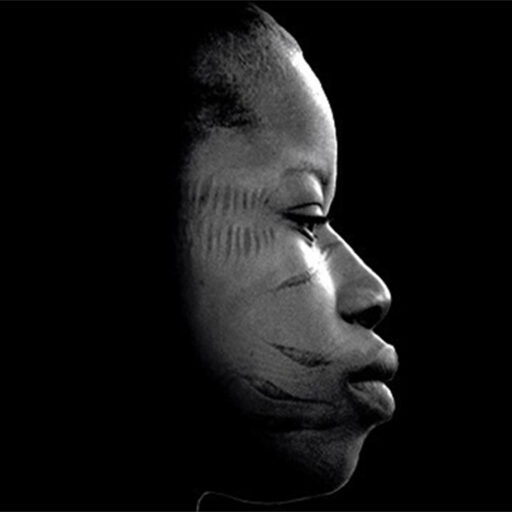Our colleague, friend, and teacher Professor J. Michael Turner died August 24, after a long illness. Professor Turner, who first came to Hunter as a visiting professor in the History Department in 1987, was global before the term became popular. He embraced the concept in his activism, his personal life, and his scholarship, all three of which he combined seamlessly.
His scholarly interest in African history, the African diaspora, and Afro-Latin history began when he was an undergraduate studying African history at Yale. His dissertation at Boston University traced the impact of returned slaves from Brazil on the African Kingdom of Dahomey, and he maintained a lifelong affinity with Brazil and its people, both past and present.
Applying his scholarship and teaching to policy work, Professor Turner sought justice for Afro-descendants in two hemispheres, with participation in numerous international efforts: he was an electoral observer at the historic Mozambique elections in 1994, participated in the pathbreaking visit of Pope John Paul II to Cuba in 1998, was co-founder of the Global Afro Latino and Caribbean Initiative, and was a personal link among activists, international and domestic NGOs, academics, and government agencies.
At Hunter, Professor Turner taught African and Latin America history, was an initiator of human rights courses (which he also taught), and brought many international scholars to campus for class lectures and conferences. He was the director of the Latin American and Caribbean Studies Program, pioneered the Education Abroad Program in Salvador, Bahia, and was a longtime member of the Hunter College Senate, where he served on the Executive Committee.
An adventurous, generous, joyful man who was comfortable all over the world, J. Michael Turner will be very much missed by the many colleagues and friends he cultivated worldwide, and will be long remembered for his loyal friendship, supportive good humor, and initiative in placing Afro-Brazilian and Afro-Latin realities onto academic and social policy agendas so that others could follow in his footsteps.
*(Foto: Imagem retirada do site Hunter)




